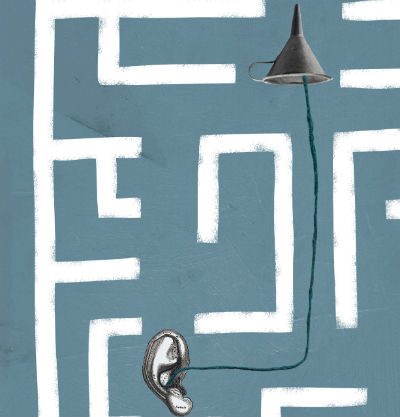Submitted by Clara on
This report is part of CRIN's access to justice for children project, looking at the status of the Convention on the Rights of the Child (CRC) in national law, the status of children involved in legal proceedings, the legal means to challenge violations of children’s rights and the practical considerations involved in challenging violations.
The CRC was automatically incorporated into Japanese law upon its ratification by the government in 1994. However, Japan maintains several reservations and declarations regarding children deprived of liberty and separation of children from their parents. Although courts have considered cases citing the CRC, it is unclear whether or not the direct application of CRC provisions is possible. Children may bring civil or administrative cases generally with the assistance of a representative. Citizen actions filed by individuals, irrespective of their legal interest, to correct acts of public bodies are also possible. Legal aid is available depending on financial means in a wide range of cases, including for child victims of serious crimes. While children may give evidence in court, there are no specific child-friendly procedures to do so. NGOs do not have legal standing to file or intervene in lawsuits. As at the date of this report, there is no independent monitoring body such as an ombudsman or national human rights institution in Japan.

